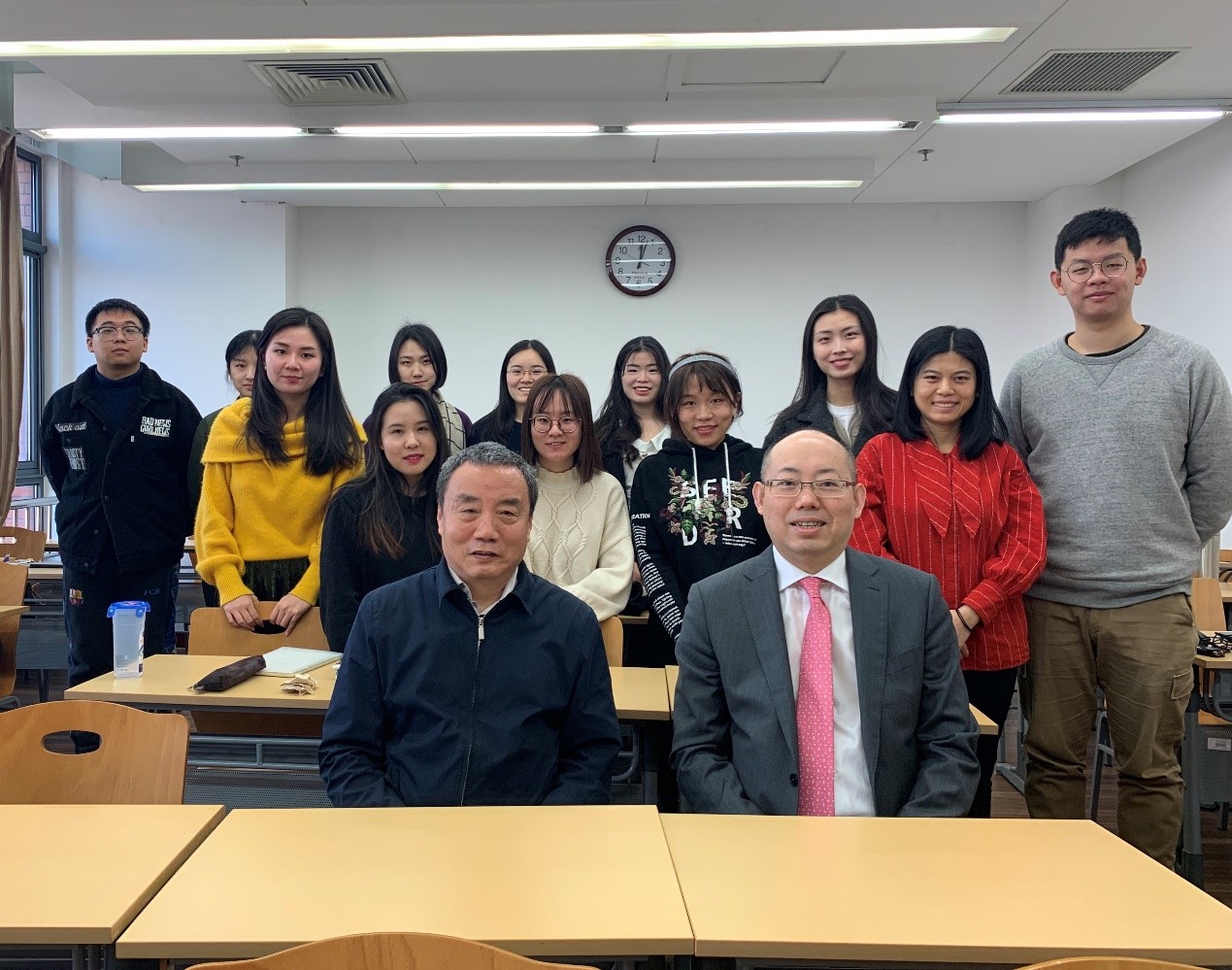At 10 am on March 7, 2019, the 352th Global Human Rights Forum series was held at A209, Research Building, College Road Campus, China University of Political Science and Law. Ambassador Liu Xinsheng, the current ambassador of the Human Rights Advisory Committee of the UN Human Rights Council and the executive director of the United Nations Association of China gave a wonderful lecture entitled "United Nations Human Rights Protection Activities and China Practice".
First of all, Ambassador Liu Xinsheng briefly reviewed the historical development of international human rights protection activities. Human rights were born in the Western bourgeois revolution, with the slogan of democracy, equality, and fraternity. In the hundreds of years after the birth of human rights, human rights have always been regarded as a domestic policy and have not left national boundaries. In 1945, the United Nations enshrined and promoted respect for the human rights and fundamental freedoms of all human beings in the UN Charter. At this point, human rights have stepped out of the border of a country and headed for the international arena.

Then, Ambassador Liu Xinsheng introduced the operational mechanism of the Human Rights Commission and the practice of human rights protection. The Human Rights Committee meets once a year for a period of six weeks, focusing on human rights issues of global concern, such as civil and political rights, the right to development, and the right to self-determination. The agenda of the meeting included a general debate, drafting of a draft resolution, convening a draft meeting, commenting on and following up on human rights issues in thematic areas. The United Nations General Assembly resolution 32/130 gave the Commission on Human Rights the power to investigate the massive violations of human rights that occurred as a result of the aggressive occupation of other countries. The Committee has already reviewed the human rights issues of countriessuch as Chile, Cambodia and Afghanistan.
Subsequently, Ambassador Liu Xinsheng explained in detail the human rights protection activities in China. Before and after the Cultural Revolution, domestic research on human rights was still blank. In 1986, Hu Qili, secretary of the Central Secretariat, proposed that the human rights issue is a banner and can be discussed in China. Domestic human rights research and activities have begun to develop. In 1989, the Western government used the political turmoil at the turn of the spring and summer to isolate China at the international level and attempted to interfere in China's internal affairs through the Human Rights Commission. In March 1990, Western countries raised anti-China proposals on China's human rights issues and condemned China's human rights issues. The Chinese delegation was firmly opposed. The Human Rights Committee vetoed the "China Human Rights Situation" proposal put forward by the United States and other countries with 17 votes in favor, 15 votes against, and 11 abstentions. In the follow-up to the anti-China proposal, the Chinese delegation rejected the "China Human Rights Situation" proposal put forward by Western countries through procedural defense and political diplomacy, and achieved a staged victory in the human rights struggle.
Finally, Ambassador Liu Yusheng patiently answered questions from the students about "the direction of reform of the UN human rights institutions" and "how the research results of the advisory committee are translated into human rights practices." The lecture was successfully concluded with the enthusiastic applause of the students.

Written by Jiasheng HUANG